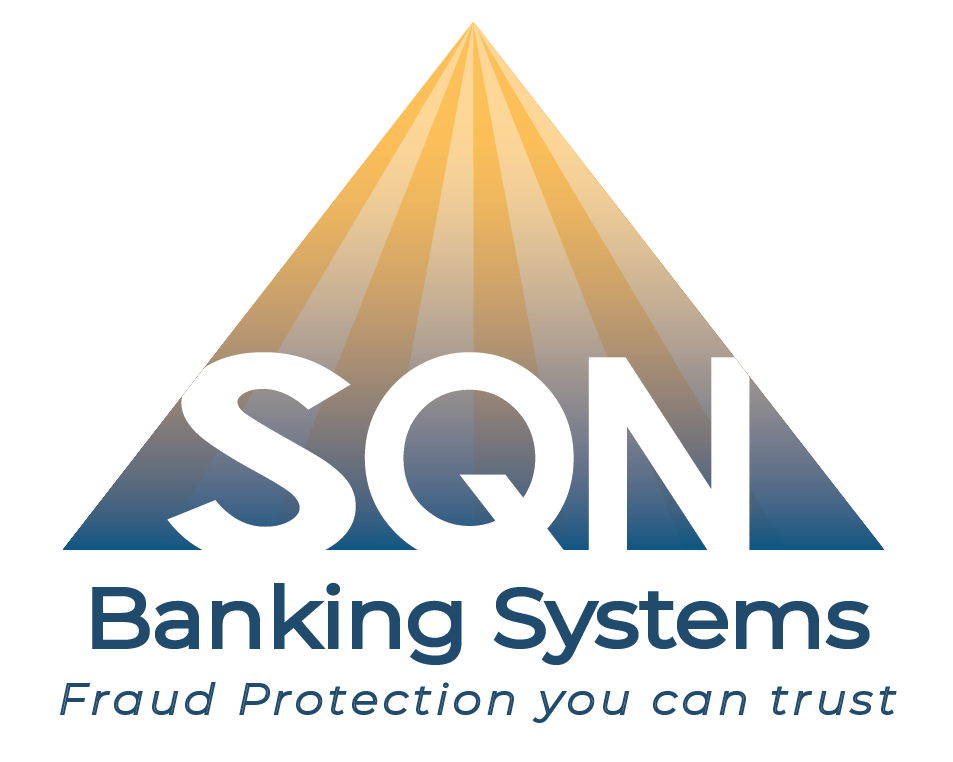Make Sure Your Customers Know About These 5 Scams

In many cases, your customers are the gateway through which scammers target your bank. As a result, when you educate your clients, you protect your entire enterprise. To safeguard your financial institution, you may want to make sure your clients know about the following popular scams.
1. Phishing Scams
Phishing scams take a number of different forms, but they all have the same focus. They use email to get information from people. For instance, a scammer might send out an email that looks like it’s from your bank but is designed to steal your customer’s ID and password.
2. Smishing Scams
This tongue twister refers to phishing scams over text message. Generally, your customer gets a text message with a link. The message says that the bank suspects fraud on their account, and it directs them to sign in immediately.
When your customer follows the link and pulls up the page, it looks just like your bank’s usual website, so the customer enters their log-in details and maybe even the PIN for their ATM card. However, the site isn’t real. Hackers are stealing every bit of that information.
To protect your clients against phishing and smishing scams, remind them to look carefully at all emails and texts to verify the sender. Emphasize that there are certain details (ATM PINs, online passwords, etc.) you will never ask for, and remind your clients not to share this information with anyone.
3. Money Order and Check Fraud Scams
Money order and check fraud scams take a variety of forms, but the bottom line is that your customers should never accept a money order or a check from a stranger.
Often called the Nigerian scam, one version of this popular scheme involves an emotional plea to cash a check on behalf of a prince, a wealthy business person, or a stranded traveler. The plea promises the recipient that they can keep the change if they cash the check and send some of the funds to the “prince”. However, the truth is that the check or money order is no good.
Another version of this scam targets people who are selling items online. The scammer offers to buy the item but claims they only have a check or a money order written over the amount. If the seller agrees to take the check and give some change to the scammer, the seller can keep the rest of the money. Of course, in this case, the check is no good, and by the time the victim realizes that, their money and the item they’re selling is long gone.
4. Erroneous Tax Refunds
The IRS issued a warning about this relatively new scam at the beginning of 2018, and your clients probably haven’t heard about it yet. It starts with a scammer filing a fraudulent tax return using your customer’s social security number. Usually, at this point, the scammers direct the refund to their own bank account, and they disappear with the funds.
However, this scam is a little different. In this iteration, the scammers actually direct the refund to your client’s bank account. Then, pretending to be the IRS, the scammers call your clients and request the money back. Because the customers weren’t expecting the refund, they believe the story about a processing error, and they gladly give the funds to the scammer.
5. Secret Shopper Scams
The secret shopper scam is another version of the money order scam, but with a few twists designed to target people who are looking for work. Typically, this scam starts by someone contacting your clients asking if they want to work as a secret shopper. If the victim responds, the scammer says that they want them to test a money wiring service.
The scammer then sends your client a money order, asks them to wire some of the funds, and tells them to keep the rest. However, once again, if your customer follows through, the money order or check ends up being no good, and your customer loses any money they’ve wired.
To make sure your customers know about these scams and similar ones, you may want to hang educational signs in your bank or send out monthly newsletters with fraud protection tips.
In addition to educating your customers, you also need to protect your bank, and we can help. At SQN Banking Systems, we make fraud protection simple. To learn more, contact us today.
